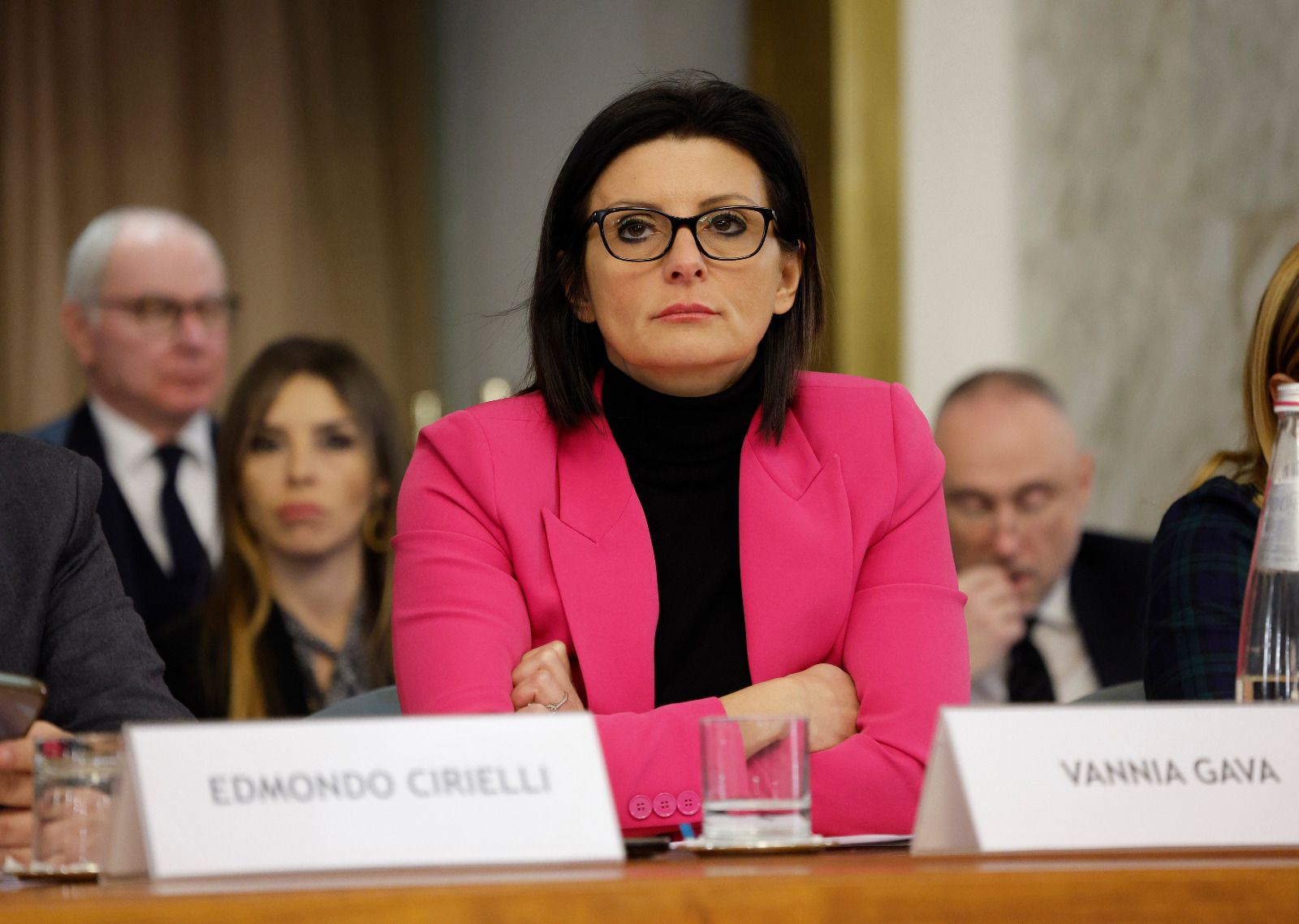Why Italy has renounced the nuclear alliance with France

The Italian government has withdrawn from the pro-nuclear alliance led by France, in which – according to advances – it was supposed to participate. Minister Pichetto justifies his absence with "institutional respect" for the 1987 referendum; Deputy Minister Gavia spoke of "unholy choices from the past"
Paris calls, but Rome doesn't answer? In fact, Italy did not participate in the meeting convened by France to form an alliance of countries in favor of nuclear power within the European Union, accused by Paris of not giving sufficient attention and space to atomic energy in its plans for the transition ecological.
PARTICIPATING COUNTRIES
The meeting was held yesterday, on the sidelines of the meeting in Stockholm between the twenty-seven ministers of energy, and was organized by Agnès Pannier-Runacher, the French minister of ecological transition. A total of eleven countries participated: Bulgaria, Croatia, Finland, the Netherlands, Poland, the Czech Republic, Romania, Slovakia, Slovenia and Hungary, plus France.
WHY SWEDEN AND ITALY DRAW BACK
Initially it seemed – as reported by Ansa and Reuters , among other agencies – that Sweden and Italy would also participate. However, the former withdrew not for ideological reasons (on the contrary, it has three plants and six reactors) but for questions of neutrality, occupying the presidency of the Council of the European Union. While Italy, which instead renounced nuclear power after the 1987 referendum, did not join for reasons of "institutional respect".
Indeed, the Ministry of the Environment and Energy Security declared that "within the institutional respect that this issue requires, Minister Gilberto Pichetto believes that Italy cannot sit down at a table on nuclear power before having tackled and resolved it at the parliamentary level and the prohibition of generating nuclear energy in the national territory sanctioned and reaffirmed by the will of the people is legal”.
– Read also: What Italy must do to reactivate nuclear energy
A FRENCH MISTAKE?
David Carretta, Radio Radicale correspondent from the European institutions, wrote on Twitter that "Italy has been included in the list of the Nuclear Alliance due to a mistake by the French". In a phone call with his French counterpart, Minister Pichetto also allegedly said: "Blessed are you who have nuclear power".
Pichetto – explains Carretta – "is personally in favor of fourth generation nuclear power", the most innovative one, "but believes that a decision at government and parliament level is needed to overcome what Italy decided in 1987 with the referendum on the no' to nuclear power”.
The minister had also spoken out in favor of nuclear fusion, a process different from fission which however is still very far from commercial use .
THE WORDS OF THE VICE MINISTER VANNIA GAVA ON NUCLEAR
The deputy minister of the environment, the Northern League Vannia Gava, spoke of "unholy choices of the past" taken by Italy on nuclear energy. “On the developments of new generation nuclear power, on the sidelines of the European Energy Council in Stockholm, I had an interesting discussion with my French colleague Agnès Pannier-Runacher. The idea of an alliance of countries that already use nuclear power as a decarbonising energy source is interesting,” he said. “I confirmed that Italy is paying close attention to this strategic choice, which is an integral part of our electoral programme.
THE PRO-NUCLEAR ALLIANCE OF FRANCE
In the joint communiqué published at the end of the meeting, France and the other ten participating countries declared their intention to strengthen cooperation between their respective nuclear industries on technical, technological and safety issues.
Nuclear alliance : it seems that
managed to draft a declaration. 10 countries+France co-signed this draft version (Italy and Sweden invited to the meeting, did not sign at this point).
Text si quite humble « nuclear energy is one of many tools for achieving our climate targets» pic.twitter.com/jW3bhrrWqm— Anna Hubert
(@AnnaHbrt) February 28, 2023
But France's real objective, already anticipated days ago, was to "send a strong signal in the various European talks" on clean hydrogen. The European Union is discussing a renewable energy directive, known as RED III, which will set targets for the use of hydrogen in the industrial and transport sectors. Paris wants to exploit its nuclear power plants not only to generate electricity, but also to produce hydrogen with zero emissions .
The hydrogen obtained from the nuclear source is called "pink"; while that from renewable sources, such as wind and solar, is called "green". Although nuclear is a CO2-free energy source like wind and solar, Brussels only classifies green hydrogen as clean for all intents and purposes; the purple one, on the other hand, is classified as low-carbon , i.e. with low emissions. France wants to eliminate this distinction, which damages its ambition to become an exporter of hydrogen, and not just electricity.
WILL GERMANY AND SPAIN SHIPWRECK THE H2MED?
However, France's wishes are opposed by Germany (opposed to nuclear energy) and Spain (which, thanks to its solar potential, wants to produce hydrogen from renewables). These differences could derail the multibillion-dollar H2Med project , the pipeline for the transport of hydrogen between Barcelona and Marseille, and then on to German territory.
This is a machine translation from Italian language of a post published on Start Magazine at the URL https://www.startmag.it/energia/energia-nucleare-italia-francia/ on Wed, 01 Mar 2023 12:57:59 +0000.
